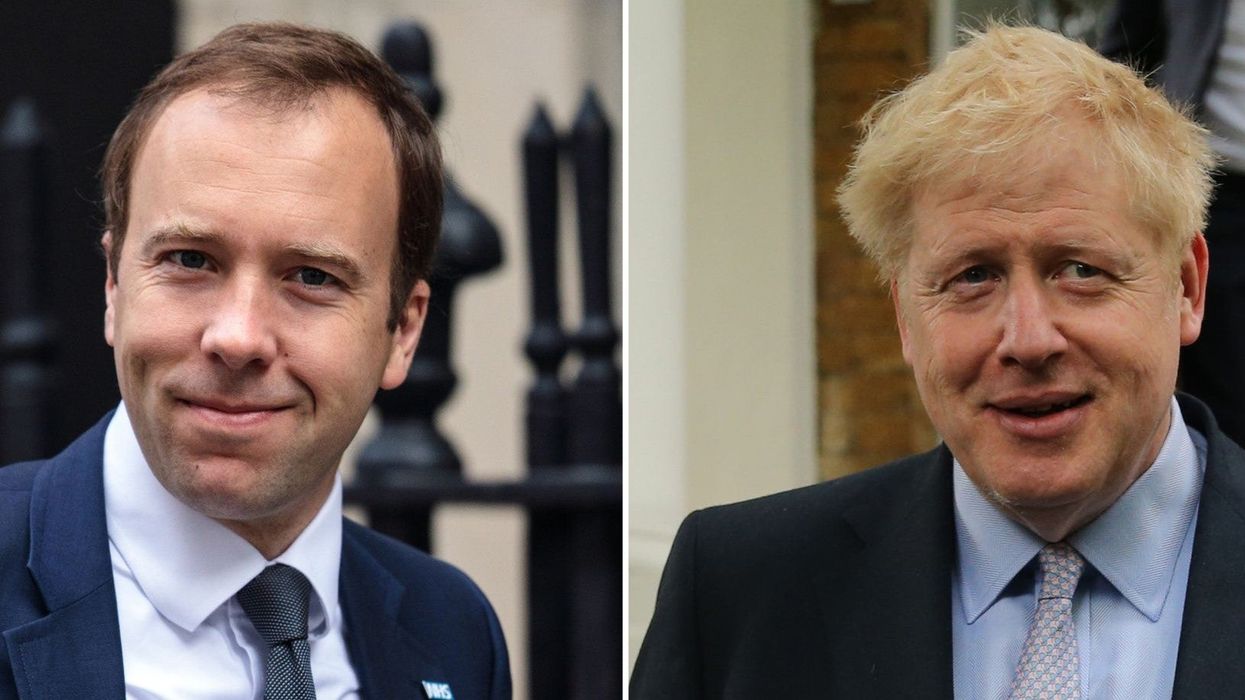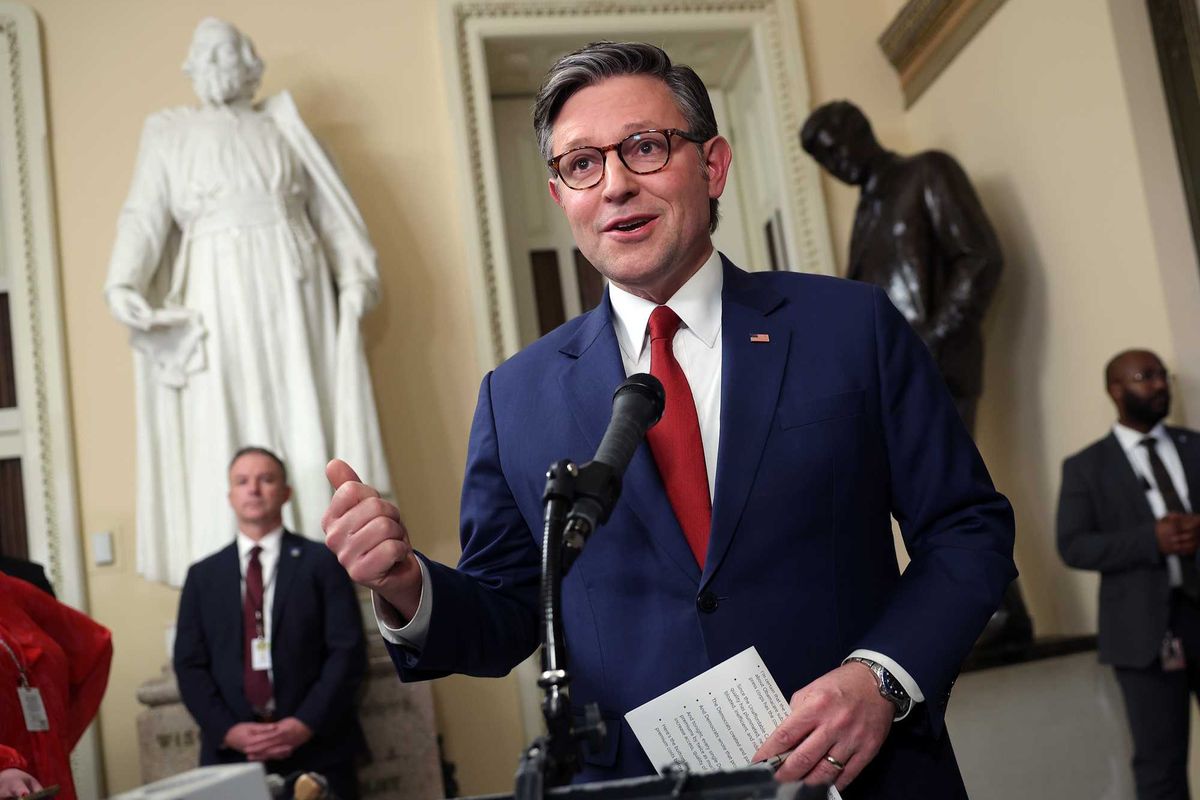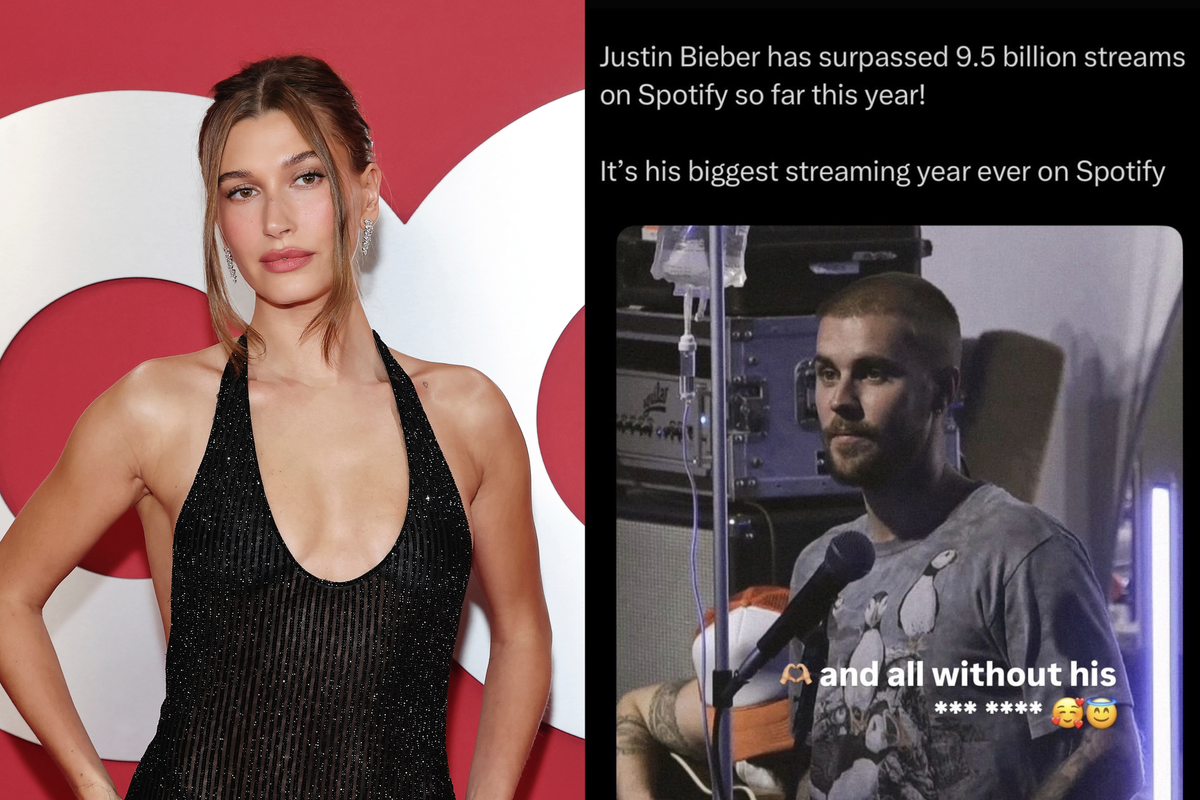Joanna Taylor
Jul 25, 2020
This week the Tories tried to distract us from possible future wage cuts and Russia report revelations with jokes about flip-flops and the Islington elite.
But Boris Johnson's attempts at humour are a little less amusing when we start reviewing what's actually going on behind the scenes...
Here are 5 of the most outrageous and heartbreaking things the Tories have said and done over the past week.
Accused "Islington remainers" of trying to cast doubt on Brexit in response to the Russia report.
The government faced serious questions this week after an Intelligence Security Committee (ISC) report revealed that UK intelligence services had failed to thoroughly investigate possible Russian interference into the Brexit referendum.
SNP MP Stewart Hosie claimed that government ministers "did not want to know" about interference and "actively avoided looking for evidence". Keir Starmer also accused Boris Johnson of sitting on the "extremely serious document" that was sent to him ten months ago.
In response, Johnson hit back that interest in the report amounted to "pressure from Islington remainers" who were "trying to give the impression that Russian interference was somehow responsible for Brexit".
He did not directly address Starmer's concerns about natural security, but he did deliver a rather weak gag about flip-flops.
Warned public sector workers of a wage squeeze.
As if people weren't stressed enough about their jobs and livelihoods in the wake of the lockdown, Rishi Sunak warned public sector workers that they may feel a wage squeeze as the government responds to the economic impact of the pandemic.
In a letter circulated around government departments, the chancellor wrote:
We must exercise restraint in future public sector pay awards.
He added:
It will be vital that public sector pay awards [...] take into account the wider economic context.
The Tory government responded to the 2008 financial crash with a decade of austerity cuts. There are fears that the coronavirus pandemic could prompt harsh economic measures.
A medical advisor claimed she was silenced for refusing to back Dominic Cummings.
England's chief nurse Ruth May revealed this week that she was disinvited from a government press briefing after refusing to support Dominic Cummings.
Map told MPs that she attended preparations for a briefing in June shortly after Cummings was called on to resign for appearing to breach lockdown rules, but was later told she was no longer needed without explanation.
In response to a question on whether she was asked about Cummings specifically, May said:
At all press briefings, we talk about a lot of these preparation questions. And yes, of course, I was asked about lockdown and rules to lockdown.
She later added:
In my opinion, the rules were clear. They were there for everyone's safety and they applied to us all.
Shadow health secretary Jonathan Ashworth asked Matt Hancock in the Commons whether he "really [acquiesced] in the silencing of the chief nursing officer at the height of a pandemic", to which he did not respond.
But transport secretary Grant Schapps has previously denied May's claim, saying at a press briefing "I don't think it's true".
Failed to adequately support the British arts industry.
A report by the Commons' Digital, Culture, Media and Sport Committee found that the UK faces becoming a "cultural wasteland" after a cash injection into the sector came too late.
Theatres, galleries and music venues cried out to the government for financial support in the wake of the lockdown as they were threatened with redundancies and closures, but were initially ignored.
Rishi Sunak then announced a £1.57bn package to support the arts, saying it was "regrettable" it took so long to announce.
Committee chair Julian Knight said:
The £1.57bn support is welcome but for many help has come too late.
We are in danger, if we're not careful, of becoming a bit of a cultural wasteland.
Hundreds of music venues continue to face closure, while jobs in the arts are being lost.
Accused of trying to 'rewrite history' on when the lockdown happened.
The UK locked down on 23 March, right?
Not according to Matt Hancock.
After previously claiming that lockdown came on 16 March, the health secretary said in the Commons:
The idea [of] lockdown as a date is wrong because what matters epidemiologically is the behaviour of people...
You saw that people were going about their business less and less.
Angela Rayner described Hancock's words as "attempted rewriting of history" and "complete and utter nonsense".
Has he forgotten that we were all there?
This week marked a year since Boris Johnson became prime minister.
And what a chaotic year it's been.
With repeated gaffs and failures like those we've seen over this past week and beyond, we can't say we're much looking forward to spending the next five years with the Tories in charge.
Top 100
The Conversation (0)














